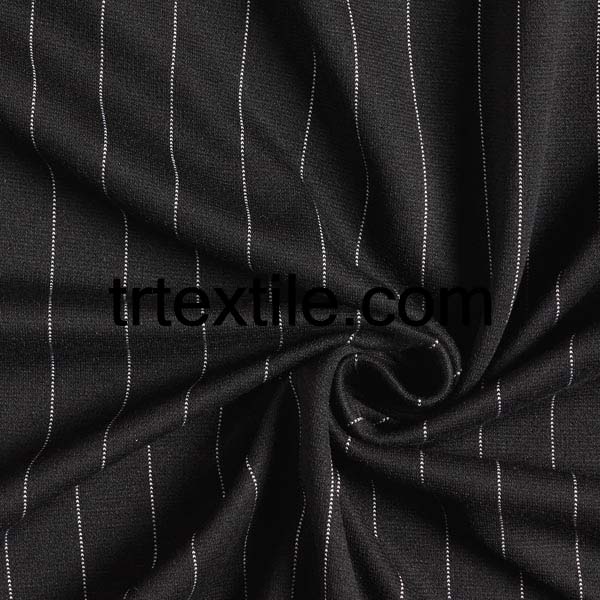When it comes to choosing a suit, one of the most important factors to consider is the fabric. The fabric of a suit not only determines its overall look and feel, but also its durability and functionality. With so many options available, it can be overwhelming to know which fabric is best suited for your needs. In this article, we will explore different types of suit fabrics and their characteristics to help you make an informed decision.
One of the most common suit fabrics is wool. Wool is a natural fiber that is known for its durability, warmth, and breathability. It is a versatile fabric that can be worn year-round, making it a popular choice for suits. Wool suits are typically made from either worsted wool or woolen wool. Worsted wool is a smooth, lightweight fabric that is perfect for formal occasions, while woolen wool is a thicker, coarser fabric that is ideal for colder weather.
Another popular suit fabric is cotton. Cotton is a lightweight, breathable fabric that is perfect for warmer climates. Cotton suits are comfortable to wear and have a casual, relaxed look. However, cotton is prone to wrinkling and may not hold its shape as well as other fabrics.
Linen is another popular fabric for suits, especially in the summer months. Linen is a lightweight, breathable fabric that is perfect for keeping cool in hot weather. Linen suits have a casual, relaxed look and are perfect for outdoor events. However, linen is prone to wrinkling and may require frequent pressing to maintain its appearance.
Silk is a luxurious fabric that is often used for formal suits. Silk suits have a smooth, lustrous finish and drape elegantly on the body. Silk is a delicate fabric that requires special care, so it may not be the best choice for everyday wear.
Polyester is a synthetic fabric that is often blended with other fibers to create suits that are affordable and easy to care for. Polyester suits are durable and resistant to wrinkles, making them a practical choice for everyday wear. However, polyester is not as breathable as natural fibers like wool or cotton, so it may not be the best choice for hot weather.
In addition to these common suit fabrics, there are also specialty fabrics that are used for specific purposes. For example, tweed is a thick, heavy fabric that is perfect for winter suits. Tweed suits have a rugged, outdoorsy look and are perfect for casual occasions.
In conclusion, the fabric of a suit plays a crucial role in its overall look, feel, and functionality. By understanding the characteristics of different suit fabrics, you can choose the one that best suits your needs and preferences. Whether you opt for the warmth of wool, the breathability of cotton, the luxury of silk, or the practicality of polyester, there is a suit fabric out there for everyone.




